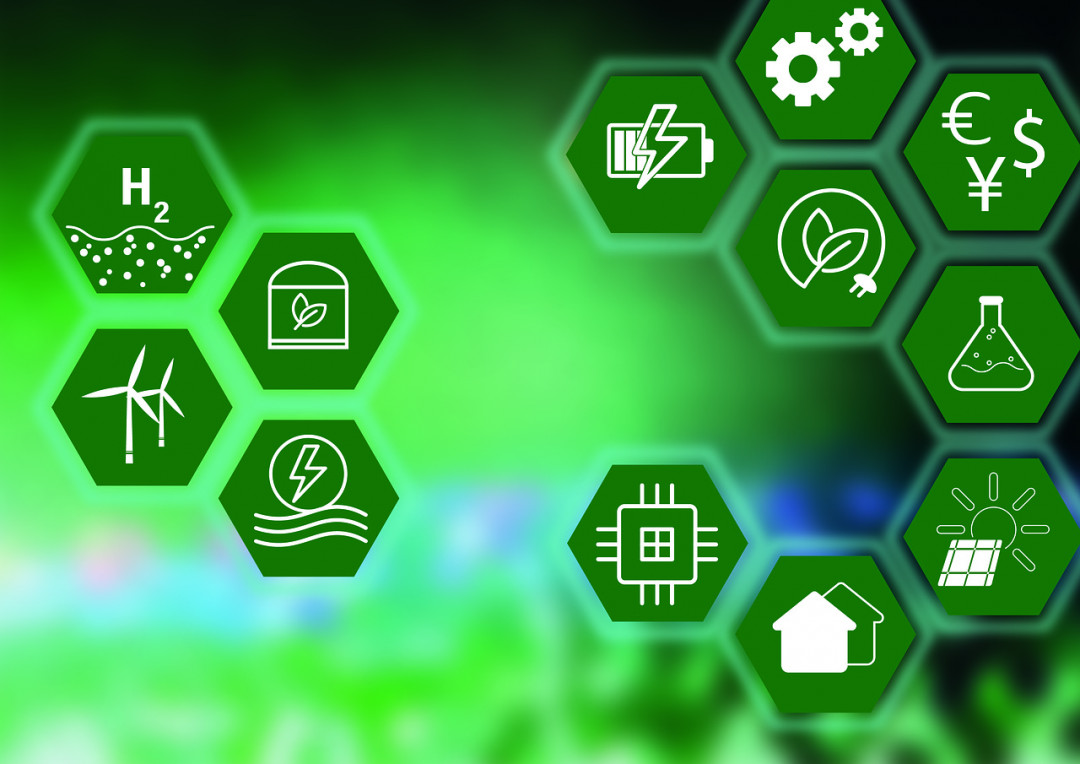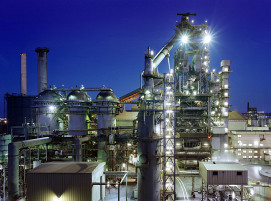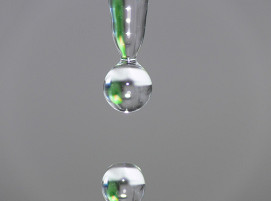
Import Strategy for Hydrogen and Hydrogen Derivatives
The Federal Cabinet adopted the import strategy for hydrogen and hydrogen derivatives. The strategy sets out a clear and reliable framework for the urgently needed imports. It is a key component of Germany’s hydrogen policy and supports the government’s commitment to developing the domestic market. The import strategy complements Germany’s National Hydrogen Strategy.
Federal Minister for Economic Affairs and Climate Action Robert Habeck: "A large proportion of Germany’s hydrogen demand will have to be covered by imports from abroad in the medium to long term. The import strategy provides the framework. It sends a clear message to our partners abroad: Germany expects a large and stable domestic demand for hydrogen and its derivatives and is a reliable partner and target market for hydrogen products. The import strategy creates investment security for the production of hydrogen in partner countries, the development of the required import infrastructure and for German industry as a buyer."
The Federal Government expects its national demand for hydrogen and hydrogen derivatives to reach between 95 to 130 TWh by 2030. It is expected that around 50 to 70 per cent (45 to 90 TWh) of the hydrogen products will have to be imported from abroad. It can be assumed that the proportion of imports will continue to rise after 2030. According to initial estimates, the demand could increase to between 360 and 500 TWh of hydrogen and approx. 200 TWh of hydrogen derivatives by 2045.
The goal of the import strategy is to ensure that Germany’s demand will be met and that the supply chain is resilient. The main content and objectives of the import strategy are:
- Ensuring a resilient, i.e. sustainable, stable, secure and diversified supply of sufficient hydrogen and hydrogen derivatives to enable the decarbonisation of the German economy and to meet the national climate targets.
- Ensuring a reliable supply of green hydrogen and its derivatives that are sustainable in the long term. In order to enable the rapid ramp-up needed, the import strategy also includes low-carbon hydrogen and its derivatives to meet demand.
- The Federal Government is in favour of diversifying the impoarted product range. In addition to molecular hydrogen (i.e. gaseous or liquid hydrogen), various hydrogen derivatives (e.g. ammonia, methanol, naphtha, electricity-based fuels) and hydrogen carriers (e.g. LOHC) can be considered.
- The Federal Government is pursuing the concurrent development of import infrastructure for pipeline-based and maritime transport. Hydrogen derivatives, carriers and downstream products in particular are considered for transport by ship, rail or road. Transport by ship enables hydrogen imports from regions that cannot be connected by pipeline for technical and economic reasons.
- In addition to engaging in close cooperation with European partners on regulatory issues, the potential for hydrogren production and infrastructure, the Federal Government is also working with a large number of partner countries, regions and players across the globe. The goal is to diversify the sources of supply as much as possible. To this end, the Federal Ministry for Economic Affairs and Climate Action is actively involved in more than 30 climate and energy partnerships and energy dialogues. In addition, specific H2 agreements have been concluded with numerous partner countries in recent years.
(Source: Federal Ministery for Economic Affairs and Climate Action Press Release)
Schlagworte
ClimateGreen HydrogenHydrogenImport






